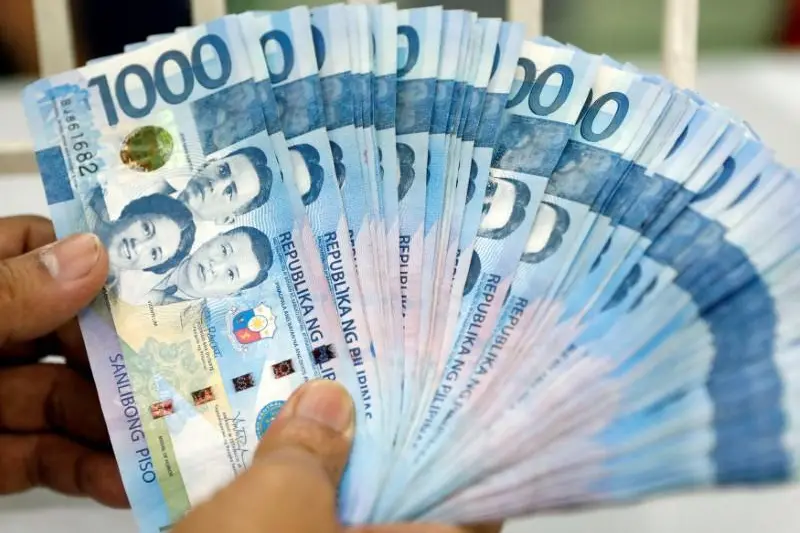PHOTO
The implementation of cash transfer programs in the country is seen to offer effective protection for households against shocks, the World Bank said.
'Cash transfer programs can provide effective protection in contexts of aggregate shocks,' World Bank senior economist Tobias Pfutze said in the multilateral lender's blog.
He said this is based on findings of his study that looked at the effects of the Pantawid Pamilyang Pilipino Program (4Ps) in the aftermath of Typhoon Yolanda, which hit the country in 2013.
Under the 4Ps, which seeks to help alleviate poverty, beneficiaries receive cash grants, provided they comply with certain health and educational conditions.
In particular, 4Ps beneficiaries receive a health grant amounting to P500 per month, or a total of P6,000 a year.
In addition, beneficiaries are given an education grant worth P300 per child monthly for 10 months for up to three children that go to school.
Pfutze said results of the study show the 4Ps has been successful in protecting households from sliding into poverty following the devastation of Yolanda.
'The effects on non-food consumption are much more pronounced than those on food consumption,' he said.
An average household covered in the study spends P9,392 on per capita non-food consumption, but an affected household was estimated to have spent P1,691 more on non-food consumption if it was a 4Ps beneficiary.
Pfutze said households facing negative shocks cut back on non-food consumption more compared to food consumption.
He also said extreme poverty is estimated to have been reduced for affected 4Ps beneficiaries.
Cash transfer programs are designed to prevent households from falling deeper into poverty.
Through social protection programs like cash transfers, he said beneficiaries would be able to better cope with adverse life events.
Copyright © 2022 PhilSTAR Daily, Inc Provided by SyndiGate Media Inc. (Syndigate.info).





















